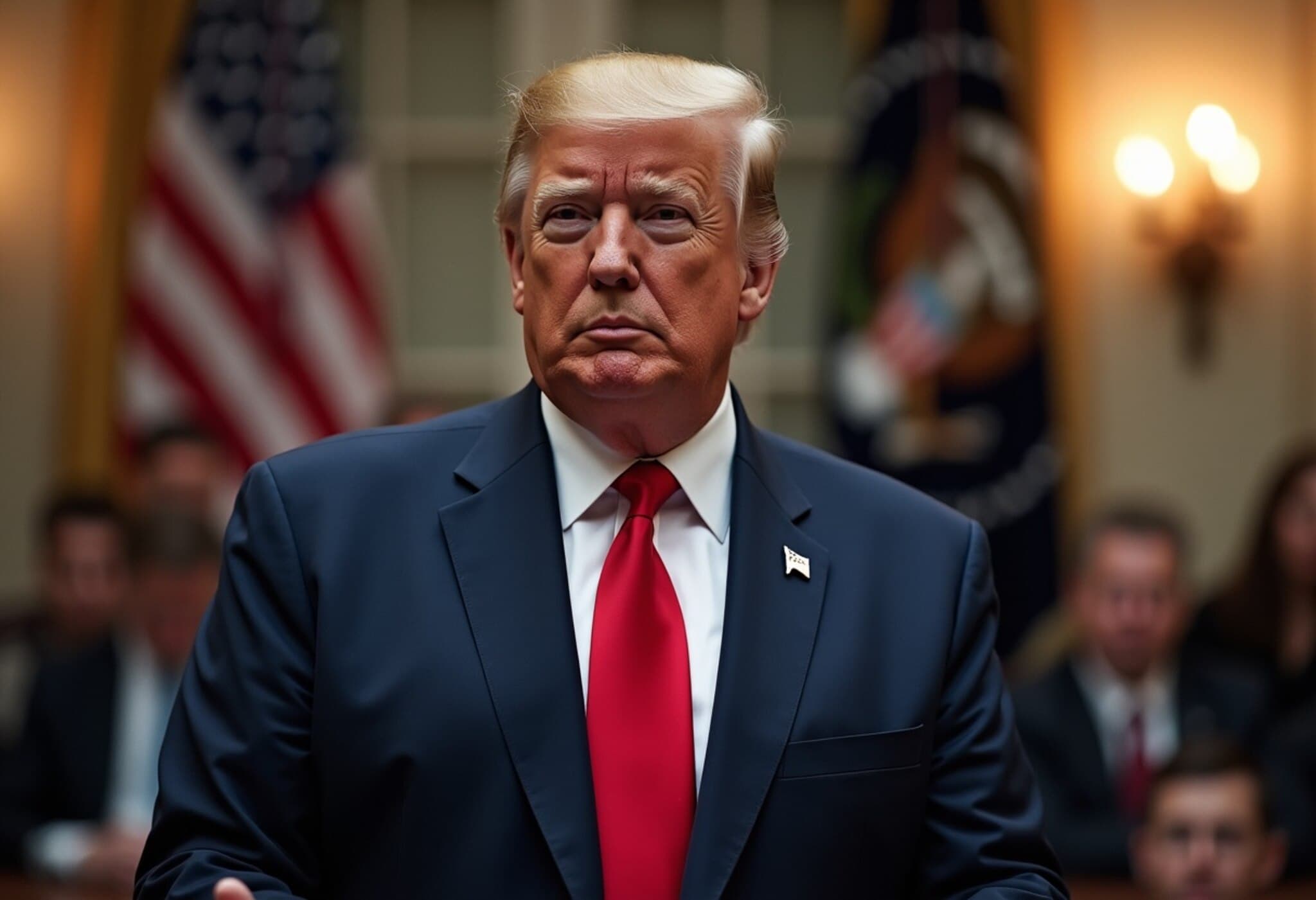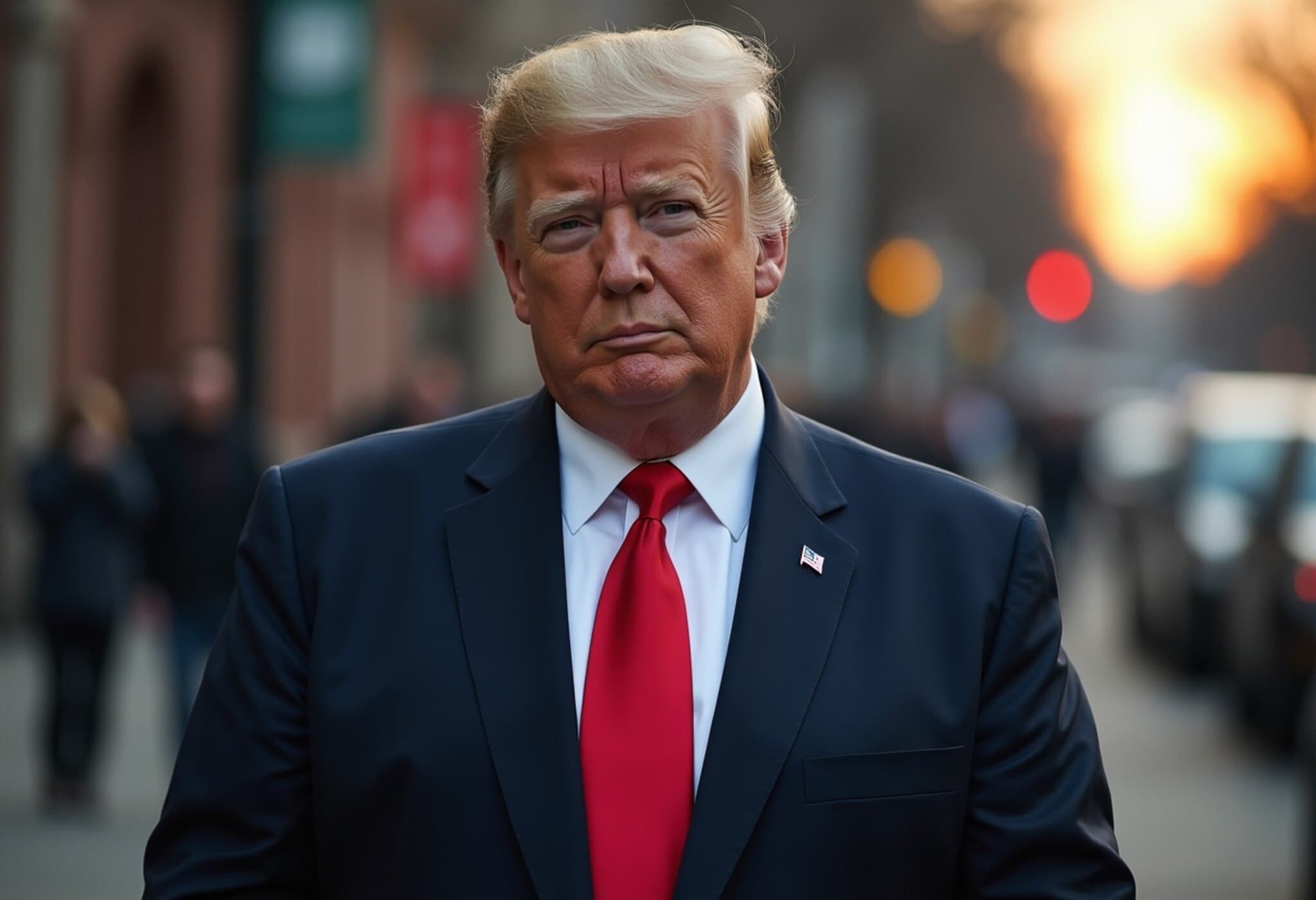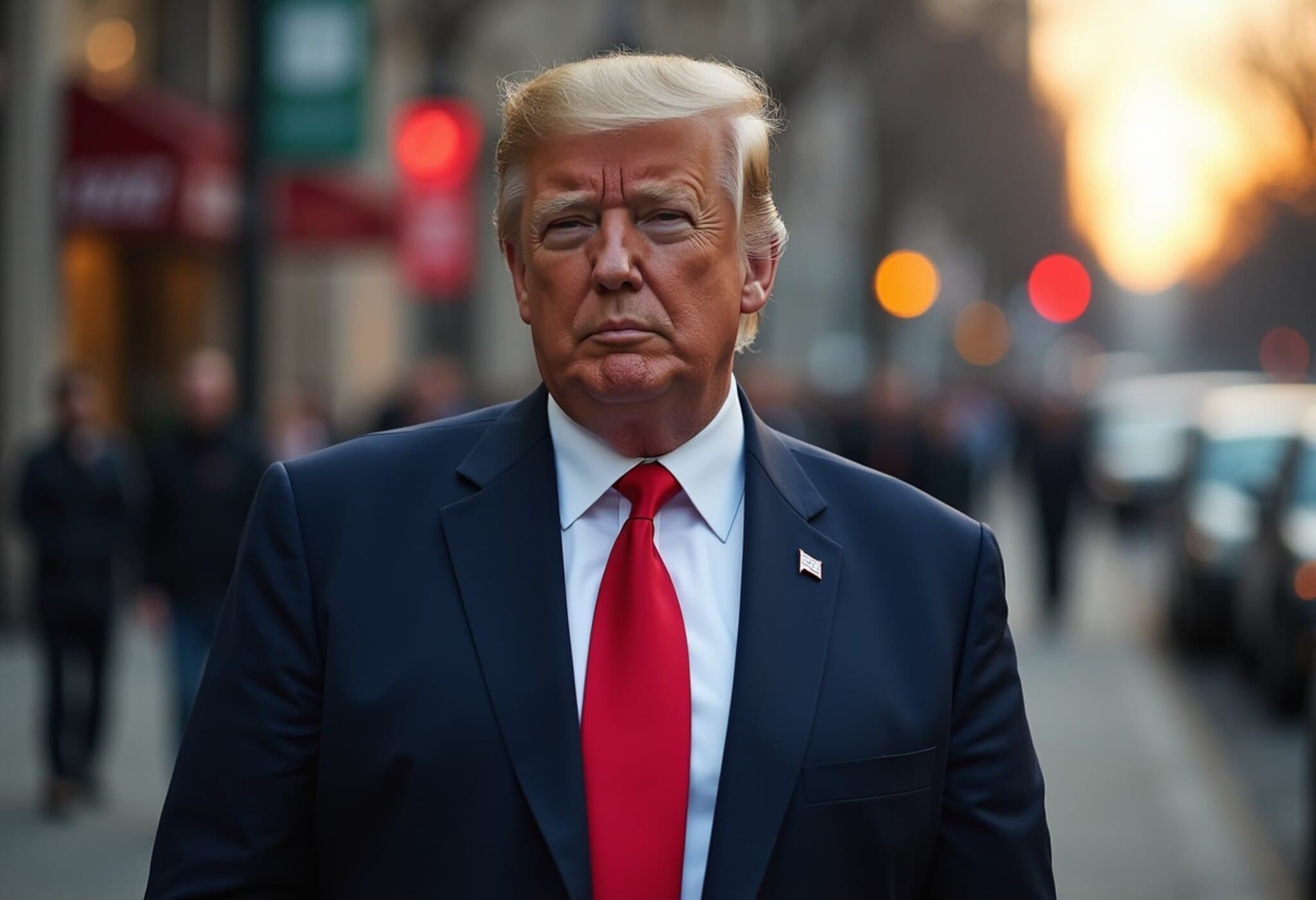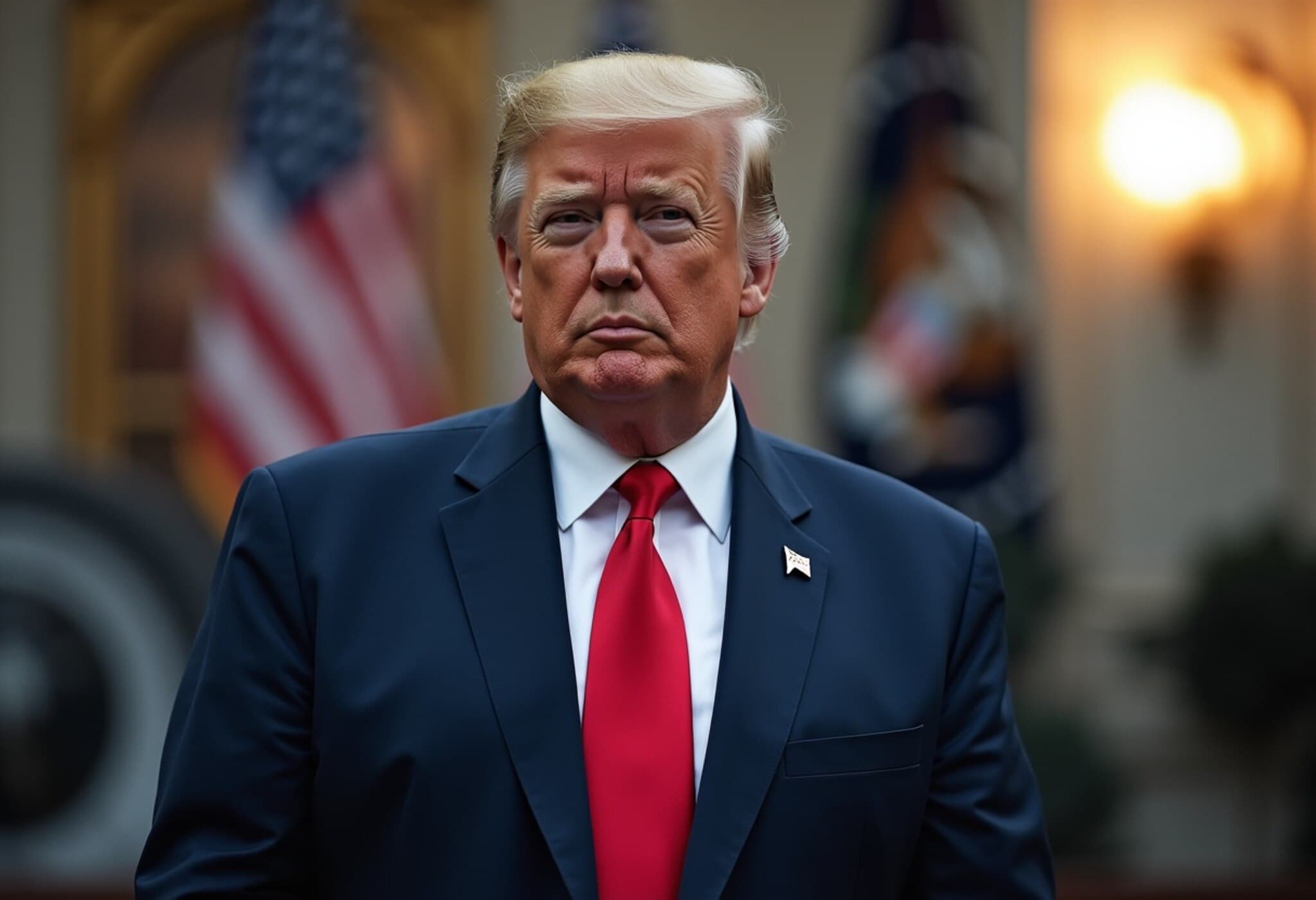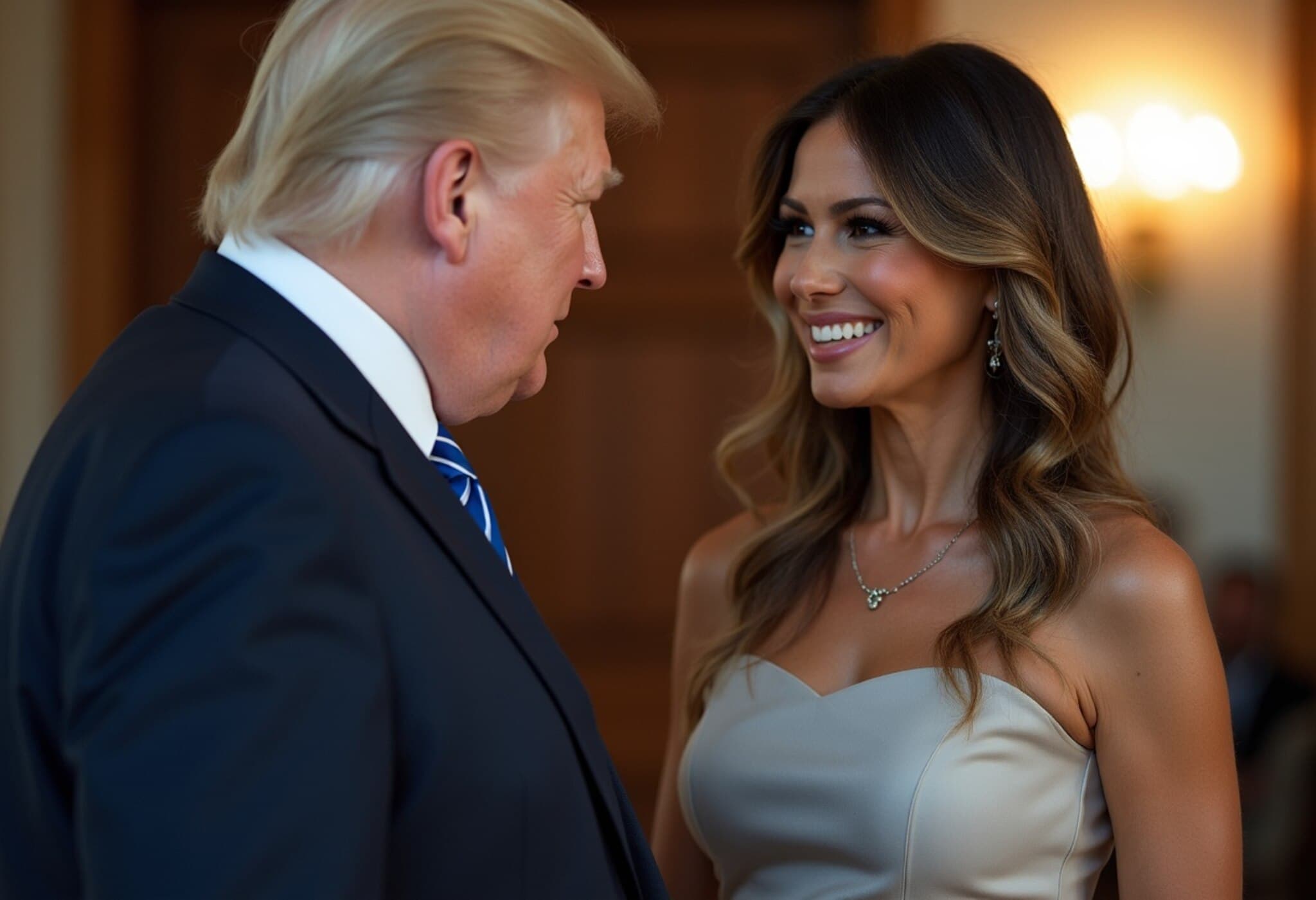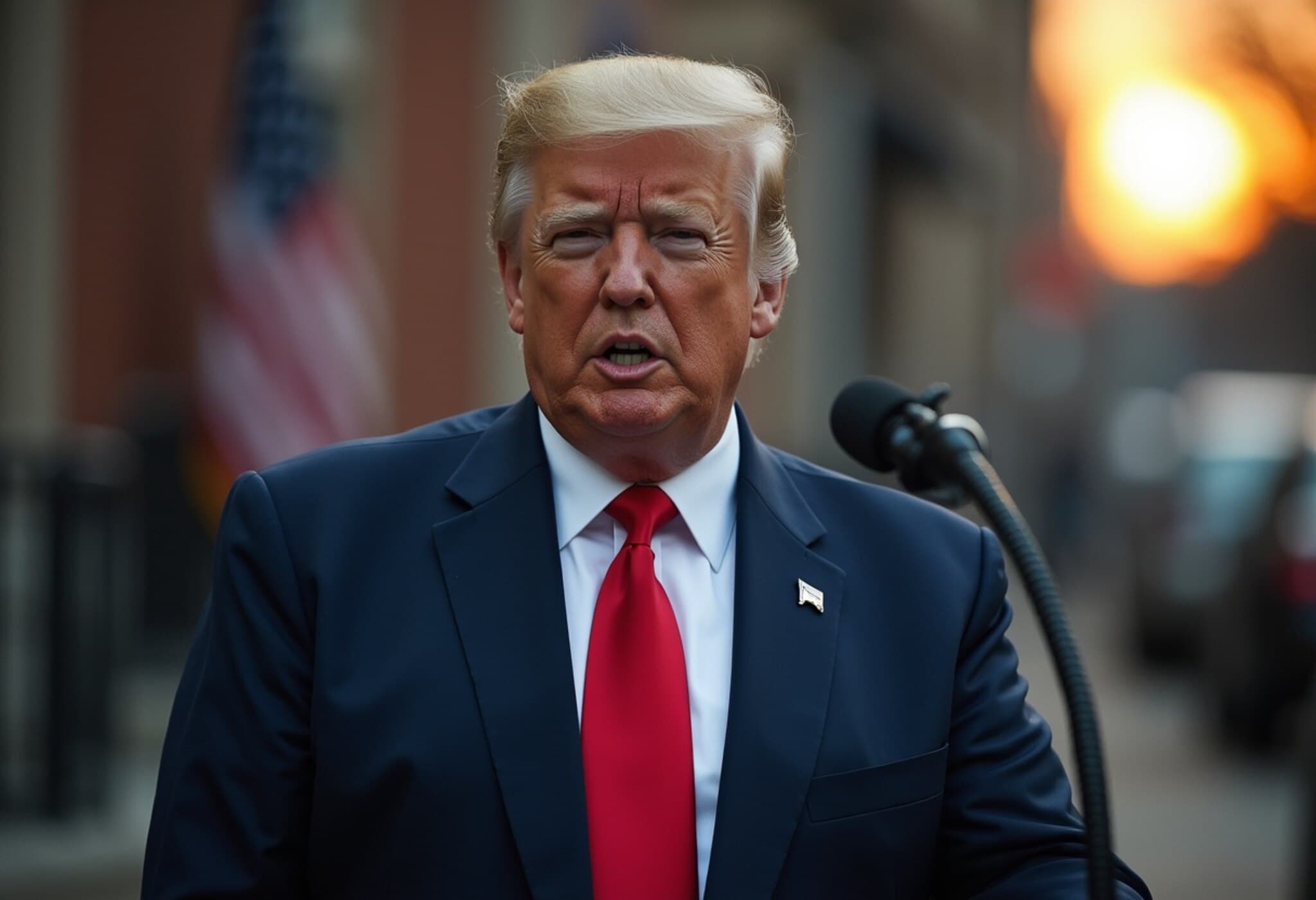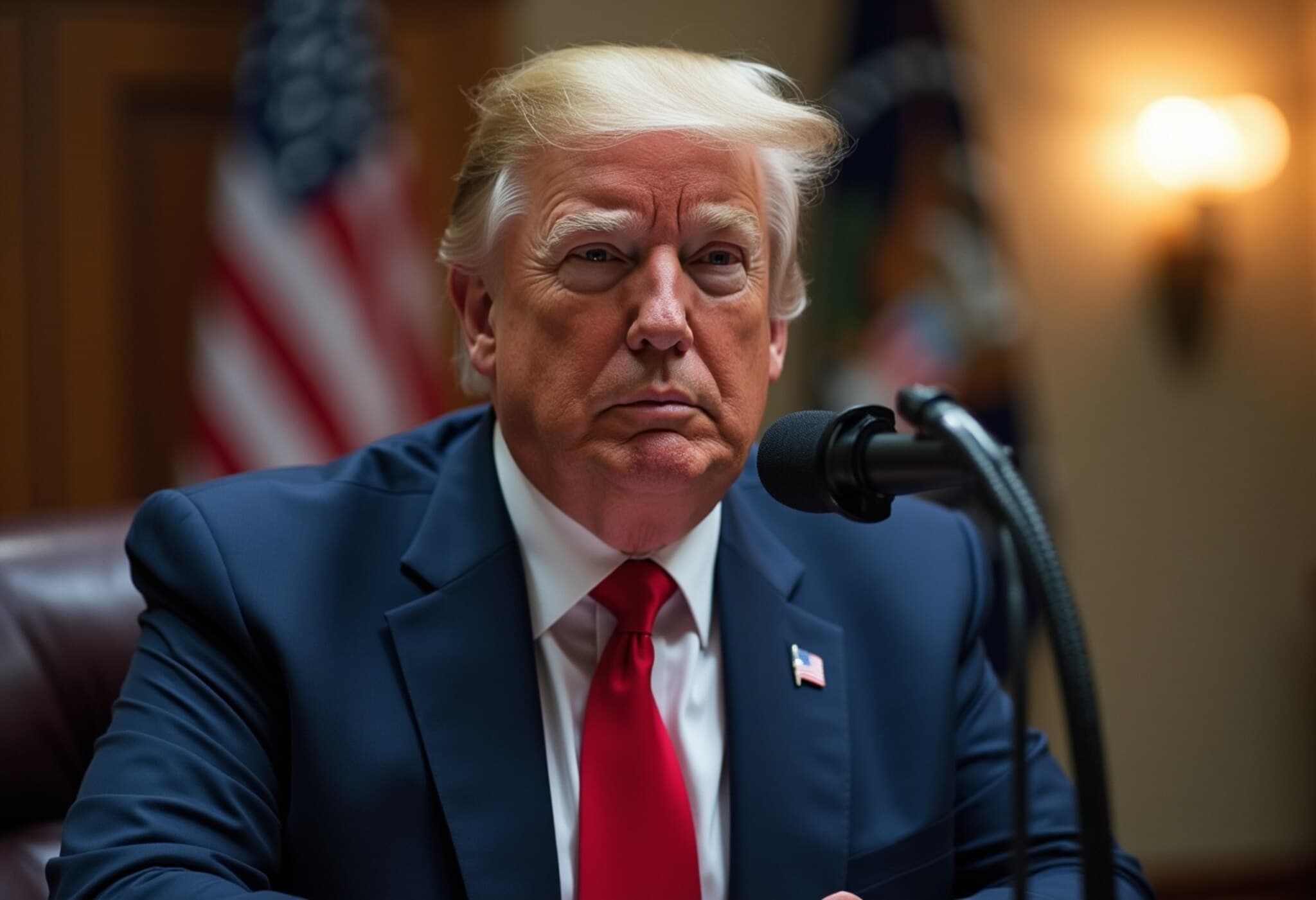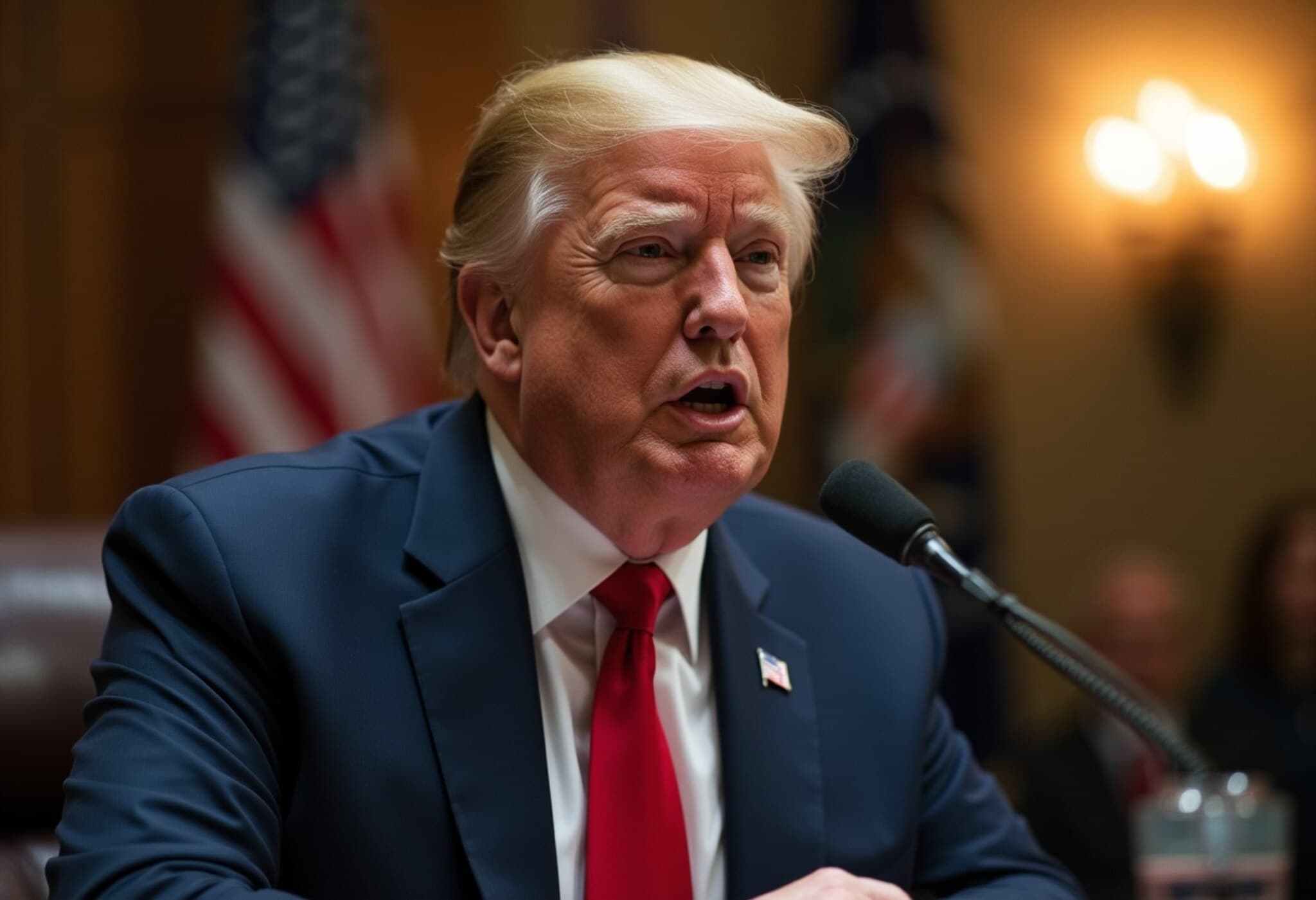Donald Trump’s Presidency: More Reality Show Than Government
In an era when political leadership traditionally demands focused governance and measured diplomacy, President Donald Trump has charted a distinctly unconventional course. His second term in the White House has felt less like a classical administration and more like a meticulously produced reality television season — one where drama, spectacle, and personal instincts shape national decisions.
The Producer’s Touch: Instinct Over Institutions
A former businessman and reality TV star, Trump approaches the presidency with the mindset of a showrunner — hands-on, impulsive, and deeply focused on audience engagement. From abruptly firing top officials like the Bureau of Labor Statistics chief over disputed economic data to pushing corporate leaders, such as Intel’s CEO, to resign due to controversial ties, Trump often sidesteps traditional political protocols.
He inserts himself into cultural battlegrounds emblematic of America’s current social debate, such as advocating for the Washington Commanders to revert to their former controversial team name “Redskins.” These moves underscore how the lines between governance, entertainment, and culture have blurred considerably under his watch.
Politics as Performance: The Show Must Go On
Experts observe that Trump’s governance resembles TV production, full of scripted moments and improvisation designed to captivate and control public discourse. “Trump is running America like a reality show,” notes one political analyst. His public appearances, policy announcements, and even foreign policy statements often prioritize dramatic impact over procedural steadiness.
- Supporters laud his decisive and direct approach as strong leadership.
- Critics warn that this blending of spectacle and politics may erode institutional norms.
Former Republican congressman Carlos Curbelo encapsulates this tension by calling Trump the “CEO of the USA” — symbolizing swift, top-down decisions but also signaling potential strain on constitutional checks and balances.
Social Media: Trump’s Megaphone and Script
Social platforms act as both the stage and script for Trump’s presidency. Tweets and public comments are carefully crafted to shape narratives, influence markets, and galvanize his base. For instance, after Trump publicly praised a provocative jeans advertisement featuring actress Sydney Sweeney, American Eagle Outfitters’ stock experienced a noticeable jump — a vivid example of how even seemingly trivial endorsements yield real-world financial effects.
The Marketer-in-Chief
GOP strategist Ford O’Connell dubs Trump the “marketer-in-chief,” highlighting how he fulfills multiple roles: press secretary, chief of staff, and policy communicator. This self-reliant approach bypasses traditional government channels but raises questions about accountability and institutional robustness.
Balancing the Weighty and the Trivial
However, this whirlwind style can sometimes undermine focused governance. Former congressman Charlie Dent laments the president’s quick pivots from critical topics like Putin’s policies and tariffs to pop culture moments, labeling the administration as oscillating between the profound and the frivolous.
White House spokesman Harrison Fields defends Trump’s approach as “decisive and commanding,” arguing that his dominance over the news cycle often distracts from controversies — although this tactic struggled during crises like the Jeffrey Epstein scandal.
The Aesthetic of Power
Trump’s tenure also bears the stamp of an executive producer with a flair for spectacle. From gold-accented Oval Office fixtures to a redesigned Rose Garden and proposed $200 million private-funded White House ballroom, his presidency is as much about image curation as policy implementation.
Narcissism or Strategic Focus?
Some GOP voices, such as strategist Rina Shah, caution that Trump’s intense focus on personal image could sideline broader national priorities. Yet, it is evident that spectacle and governance coexist in his administration, visible in efforts as diverse as orchestrating complex peace agreements like the Azerbaijan-Armenia deal and reviving contentious cultural debates.
Conclusion: Governing or Producing America?
In an age where media consumption and politics are deeply intertwined, Donald Trump’s presidency reflects a new paradigm where the country itself becomes a stage — the presidency, a production. Whether this blending will strengthen or weaken the fabric of American democracy remains a vital question as the nation watches closely, ratings in the public eye continuing to soar.
Editor’s Note
This analysis brings forth the critical inquiry into how leadership styles mixing governance with spectacle affect democratic institutions. While Trump’s reality-show tendencies fuel engagement and rapid decision-making, they also prompt essential discussions about institutional stability, accountability, and the future of political communication in America.

